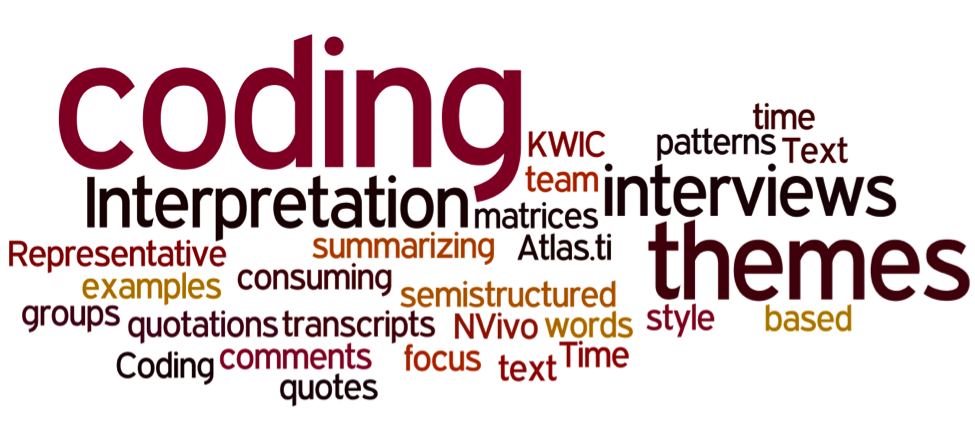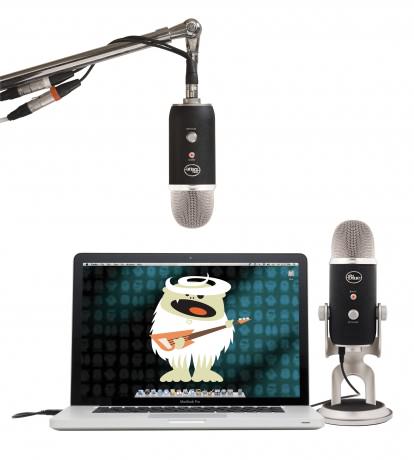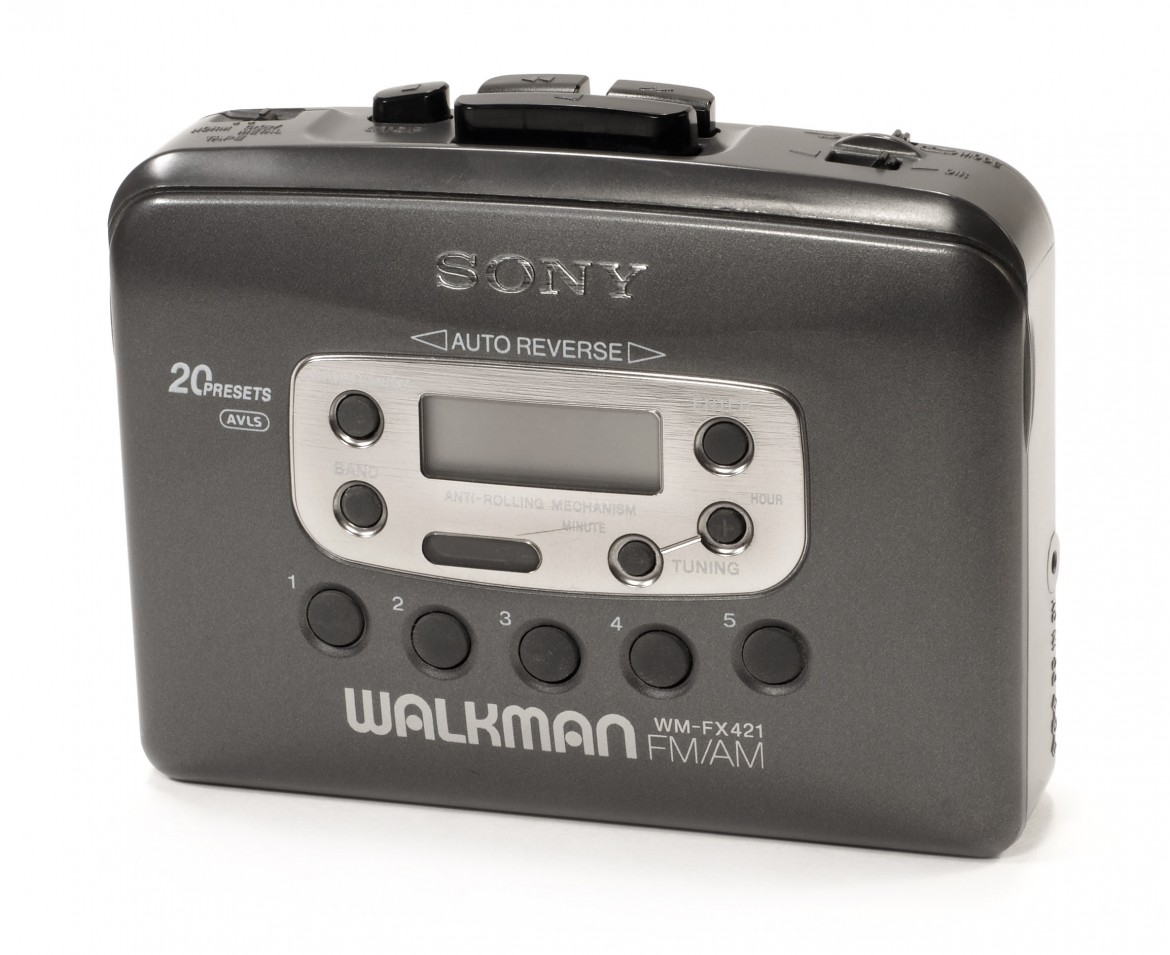-
NVivo Transcription Services

Let me take you back to the beginning of this millennium, when I conducted my first qualitative research (bear with me, this is a short story in lieu of why we provide NVivo transcription services). I interviewed 6 key informants. Recorded the 1-on-1 interviews using a mini tape recorder – lots of background noise. Had…
-
Recording Research Interviews; Using Your Laptop

Can you use your computer to record your research interviews and focus groups? Yes, you can. But there are 2 mistakes that researchers make when recording their interviews using a laptop that I don’t want you to make. Also, what are the best microphones for interview on your computer? But first, what are the 3…
-
How to Record Phone Interviews

Update: Here’s a more recent post on how to record phone interviews. Conducting research interviews over the phone and the internet has become really popular. Mainly because of the widespread use of smart phones and web based services (for instance freeconferencecall.com and Skype). If you conduct your research interviews over the phone it’s important to…
-
How to Transfer Audio Files from Olympus VN-7200 to Your Computer

I have just completed my fieldwork and I’m looking for interview transcription services. I recorded the interviews using the Olympus VN-7200 digital voice recorder. How do I get them to you? Thanks – Maggie. A recent email from a researcher. And it’s not the first one. If you have recorded your research interviews using the…
-
Dissertation Ethics – Informed Consent

Introduction There is general consensus on the importance of informed consent in qualitative research. Most people have the expectation that they will be treated with respect and as autonomous individuals. They also expect that they have the right to make decisions about what will and will not be done to them and about what personal…
-
7 Steps for Managing Qualitative Data

Here’s a more concise recent post on how to manage qualitative data. This post presents an overview of the unique challenges for managing a qualitative research database and includes 7 steps for aiding the creation of an orderly and coherent database. These steps will assist greatly in ensuring that your research study is successful, that…
-
Interview Transcription: 5 interesting facts

1. The word transcription – defined by the Merriam-Webster Online Dictionary as “the act or process of making a written, printed, or typed copy of words that have been spoken” – has been in common use since the 17th Century (first known use was in 1598). It probably originated from the Latin word transcribere (trans-…
-
Confidentiality or Non-Disclosure Agreement for Transcription Services

Non-disclosure agreements, also known as Confidentiality agreements or simply NDAs, are made to guarantee that information, which one party discloses to another party, is not disclosed to a third party and only used for a specific purpose outlined in the agreement. In your research project, non-disclosure agreements are an extension of your informed consent process.…
-
Factors that Determine Academic Transcription Costs

In the academic transcription industry, you basically get what you pay for. You may want to save time by hiring a professional transcriber as opposed to doing it yourself (the DIY approach), but do you understand the rates as well? It is extremely necessary for you as a client to first understand your transcription requirements…
-
How To Transcribe a Focus Group Discussion

Step 1. Transcribe verbatim Step 2. Let the transcript be! Step 3. Use timestamps Step 4. Identify speakers Step 5. Proofread Focus groups are a great way to collect qualitative data. Because they comprise of a larger number of participants, up to 15, they provide a broad range of information. It’s always advisable to conduct…
